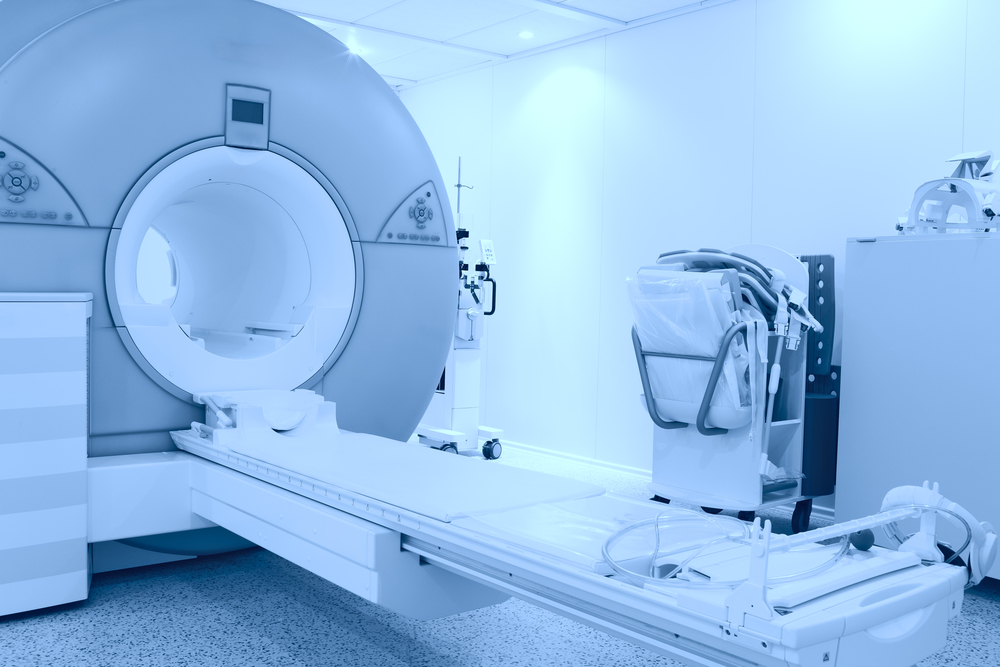New quantum scanners may help create new drugs
Researchers in Australia are exploring the possibility of using current quantum computing technology to develop MRI scanners that could potentially image individual atoms.
For those scientists whose job it is to develop new drugs, these scanners could prove to be a factor in their success or failure. Present imaging technology is not sophisticated enough to determine the structure of some proteins key to drug development, meaning that there are significant gaps in the scientists’ knowledge. But the research team working at the University of Melbourne hopes to use quantum bits, often abbreviated to qubits, to identify individual atoms. Unlike traditional binary encoding, which utilises zeros and ones, qubits are able to encode multiple states simultaneously.
Lloyd Hollenberg, a physical biosciences professor at the university, said, “Our system is specifically designed to use a quantum bit as a nano-MRI machine to image the structure of a single protein molecule in their native hydrated environments. As part of our research in quantum computing we have also been working on the nearer-term applications of atomic-based quantum technology investigating the use of a single quantum bit as a highly sensitive magnetic field sensor.”
The team believes that, if this technological development is successful, it could help in the development of new drugs by allowing scientists to understand the atomic structure of the substances. Professor Hollenberg believes that an atomic-level MRI scanner could revolutionise biological processes and be relevant to a wide range of clinical applications.

